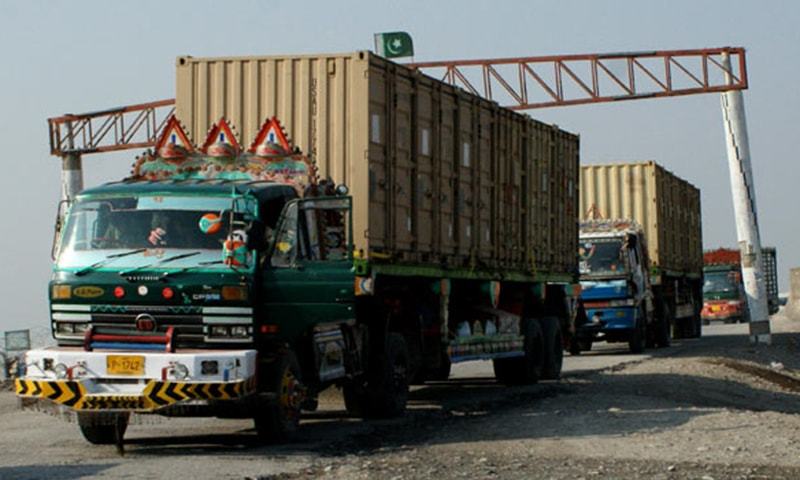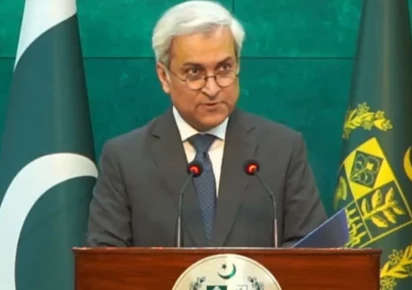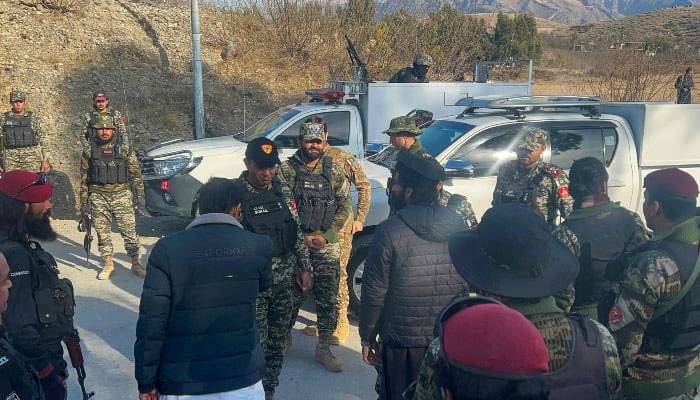The recent ambush in Badar Valley, South Waziristan, which claimed the lives of twelve Pakistani soldiers, serves as a brutal reminder of the ongoing threat posed by the Tehreek-e-Taliban Pakistan (TTP). This resurgence, fueled by readily available weaponry and cross-border sanctuaries, demands immediate and decisive action from Pakistan and the international community. The TTP’s actions, unequivocally condemned by many within the Muslim world, highlight not only a security threat but also a critical test of Pakistan’s resolve and international diplomacy.
The attack, claimed by the TTP/FAK, underscores the group’s status as a Khawarij entity – foreign-backed militants actively opposing both Pakistan and the principles of Islam. While Pakistan’s security forces remain committed to neutralizing this threat, the reality is stark: the TTP operates with impunity from sanctuaries within Afghanistan, launching deadly cross-border raids. This assertion isn’t merely conjecture; it’s corroborated by a recent BBC Urdu special report, international reports from the UN and diplomatic sources, and extensive reporting from outlets such as RFE/RL and the Washington Post.
The situation is further exacerbated by the legacy of the US/ISAF withdrawal from Afghanistan in 2021. Billions of dollars worth of military equipment, including advanced weaponry, fell into the wrong hands, significantly bolstering the TTP’s capabilities. Simultaneously, active recruitment drives along the Afghan border are replenishing their ranks and strengthening their command structures. The TTP’s sophisticated propaganda machine, leveraging platforms like X, Telegram, and WhatsApp, actively spreads fear and undermines public trust in Pakistani institutions. Their continued operations are facilitated by a robust network of illicit funding, highlighting the intricate nature of this challenge.
The aftermath of the Badar Valley attack has exposed fissures within Pakistan itself. The notable absence of KP Chief Minister Ali Amin Gandapur from the funeral ceremony sparked public criticism, highlighting a concerning lack of national unity at a critical juncture. This internal discord is compounded by the Afghan government’s persistent denial of TTP’s presence on their soil, despite overwhelming evidence to the contrary. Statements from Mullah Yaqoob and the head of GDI only serve to heighten the diplomatic tension.
Pakistan’s response has been firm. The government has issued an ultimatum to Kabul: cooperate in countering the TTP or face significant diplomatic consequences and international pressure. Crucially, Pakistan’s narrative is amplified by the widespread condemnation of the TTP’s actions from across the Muslim world. Statements from scholars, organizations, and regional entities, as reported by The Khorasan Diary, firmly position the TTP as enemies of both Islam and peace.
The implications of inaction are severe. The escalating security threat, fueled by enhanced TTP capabilities and cross-border sanctuaries, poses a grave danger to both civilians and security forces. The strained diplomatic relationship with Afghanistan is further complicated by Kabul’s denials. Internal political divisions weaken the national response, while the international condemnation, though supportive, underscores the urgency of a unified and effective strategy.
In conclusion, Pakistan faces a critical juncture. The TTP’s resurgence, backed by readily available weaponry, cross-border sanctuaries, and a sophisticated propaganda network, demands a comprehensive and multifaceted response. Addressing this threat requires not only decisive security measures but also a unified national front and sustained international pressure on Afghanistan to cooperate. The international condemnation of the TTP’s actions offers a crucial opportunity for Pakistan to reclaim narrative control, hold Afghanistan accountable, and ultimately eliminate this Khawarij threat. Failure to act decisively will have profound and lasting consequences for Pakistan’s security and stability.







